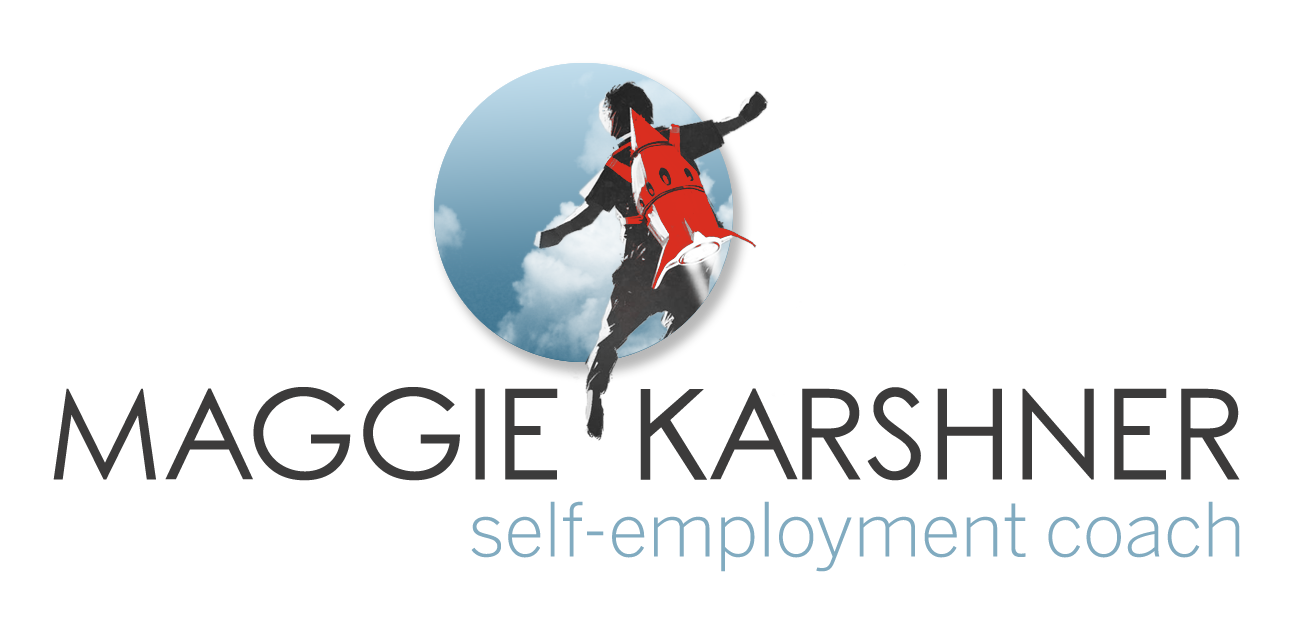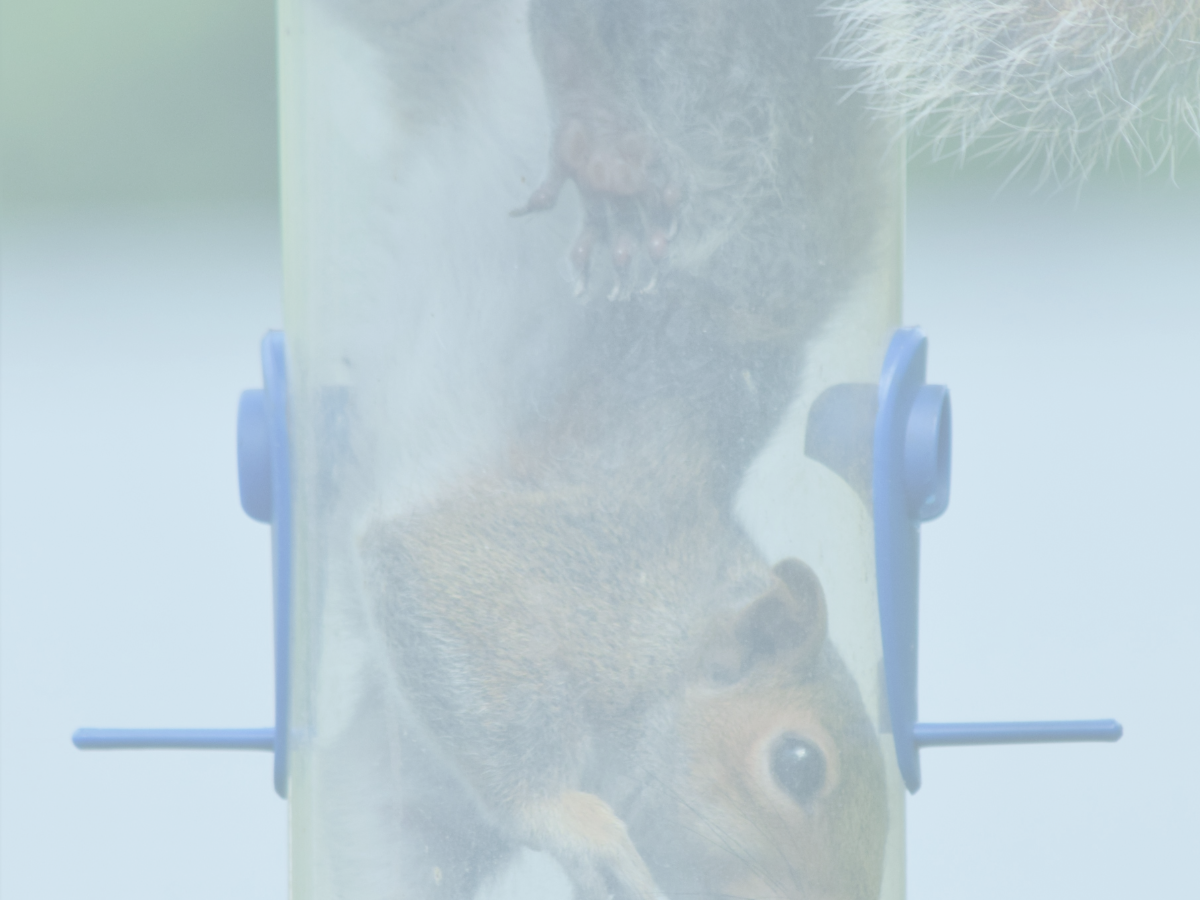Decolonize Your Business: How to Shift Your Beliefs and Thrive
/In November I decided to instigate a "Thanksgiving" themed conversation in one of my coaching groups. I posed questions about how their businesses intersect with Indigenous cultures. We had a thoughtful discussion and I think it's worthwhile to bring this conversation to you and a wider audience. These are thoughts from an anti-colonialist non-indigenous perspective that are intended for a non-indigenous audience. I welcome any thoughts or feedback from indigenous people on the ideas I share here but offer this context since these ideas might not be worth it for you to read about.
Many of my readers are aware of the tribes that inhabited their area from time immemorial. (If you're not, you can look it up on this handy tool.) Here in the Pacific Northwest, we're pretty familiar with the practice of Land Acknowledgements. Many of us even make financial contributions to tribes through programs like Real Rent Duwamish or the Shuumi Land Tax of Sogorea Te. All of these are worthwhile efforts and it's good that we do them. And they're only part of the solution. Let's challenge ourselves to think this through more.
Anti-Colonialist Businesses
Thinking this through further is especially important for those of us with businesses that seem to have nothing to do with indigenous cultures. A key part of colonialism is the erasure of indigenous cultures. This means those of us in the dominant culture can blissfully ignore the cultural harm that still persists to this day.
Let's try to make the invisible visible. Ask yourself: if colonialism had never happened but otherwise your life and work were essentially the same, how would your work be different? Here are examples of things you might ask yourself based on your profession:
Therapists: how do indigenous cultures approach mental health?
Life coaches: how was personal growth approached in indigenous cultures?
Healers: what methodologies of healing are a part of indigenous cultures?
Spiritual advisors: what spiritual practices were indigenous to this land? Are those practices open for anyone to participate in, or are they closed and exclusive to that culture?
Financial Professionals: what would finances look like if our culture was one that embraced gift-giving potlatches?
Real Estate Agents: what does home ownership look like without our culture's idea of land ownership?
Manufacturers and Retailers: what traits were valued in common objects and how would that make your products different?
These are just starting points. What else can you wonder about how your work might be different? Can you find books, articles, or social media channels that discuss your work in this light?
The fact that these differences are not the reality is precisely why indigenous cultures are related to your business. Your business is based in and reinscribing the dominant culture in every moment. This doesn't mean any of us should stop everything we're doing. It means we have an opportunity to investigate why we do things the way we do, and possibly discover other ways of operating. This can benefit our work, our wholeness as anticolonialist people, and result in more space for indigenous culture to survive and thrive. I'm going to dive into three key skills to cultivate which will help us discover other ways of operating: curiosity, patience, and being in relationship.
Curiosity
One trait of colonizing cultures is that we move to solutions and action very quickly. This serves capitalism very well, but it serves humans very poorly. After all, the point of life is not the destination, it's the journey. One way to discover and enjoy the journey is to take your time and be curious.
As an example, I don't have the "solution" to how my business interacts with this place and its indigenous people. I'm aware of the cultures, and I tune into their goings-on in a respectful way. (Joining an email newsletter list is pretty simple, let's be honest!) I use books and workshops to fuel my inspiration into new lines of inquiry, while also filling in gaps in my knowledge or things I've overlooked. These activities help me stay curious so that I'm at the ready when opportunities to enrich my relationship with indigenous people come up.
Patience
Cultures exist in people. In order for your business to have a relationship with an indigenous culture, you need to have a relationship with indigenous people. In order to build a relationship with people, it helps to meet them where they're at. This means being patient and adapting to their agenda rather than the inverse.
One of the flawed approaches common in colonizing culture is that we attempt to help (jumping to action without curiosity) and our help requires time and input from a group of people who don't have our goal as one of their priorities. In order to not impose our goals, we have to build the relationships and let our actions evolve from that. This is going to take time and require patience.
Decolonization cannot come from colonizing culture. We have to learn how to do culture differently. Learning about or participating in indigenous cultures can be part of the solution. And it's vital proceed slowly so as to not re-colonize since we can be so blind to culture.
Being in Relationship
No matter how much curiosity and patience you bring to a relationship, there will still be rocky times and disagreements. Our dominant culture doesn't teach us how to tolerate conflict. We're great at avoiding it or sweeping it under the rug. If that isn't possible, then we usually fight or flight our way out of it. This could look like angrily destroying the relationship, or destroying the relationship by ghosting them. There is a way of dealing with conflict where there can be tension and rupture which can move to a place of repair and healing. A relationship can survive conflict, but we have to learn how to do so.
In relationships between privileged and dispriviledged individuals, there is a high likelihood of not just conflict, but outright harm. Any privileged individual has already and will continue to cause harm no matter how "woke" they are. Yes, we privileged folks try to prevent this harm, and let's keep doing that! And the achievable goal is to reduce these harms rather than eliminate them.
Despite being essentially guaranteed, we with privilege tend to have an over-dramatic self-flagellating response when we cause harm. Let's cultivate grace for ourselves in the times when we did our best, and it wasn't enough. Repairing the relationship successfully will require this grace, though it does not guarantee it. The relationship might be impossible to repair, and that's ok. You can grieve the loss of the relationship, then seek learning and growth so that similar harm does not come to future relationships.
So Now What?
I hope this article has gotten you thinking about your business or your relationship to indigenous cultures in a different way. There are skills we can cultivate that will support us on our journey. While we don't want to give up, nor do we want to steamroll by jumping to action too quickly. What does that middle ground look like for you? How can you stay engaged while embracing patience and curiosity? Let me know in the comments!




